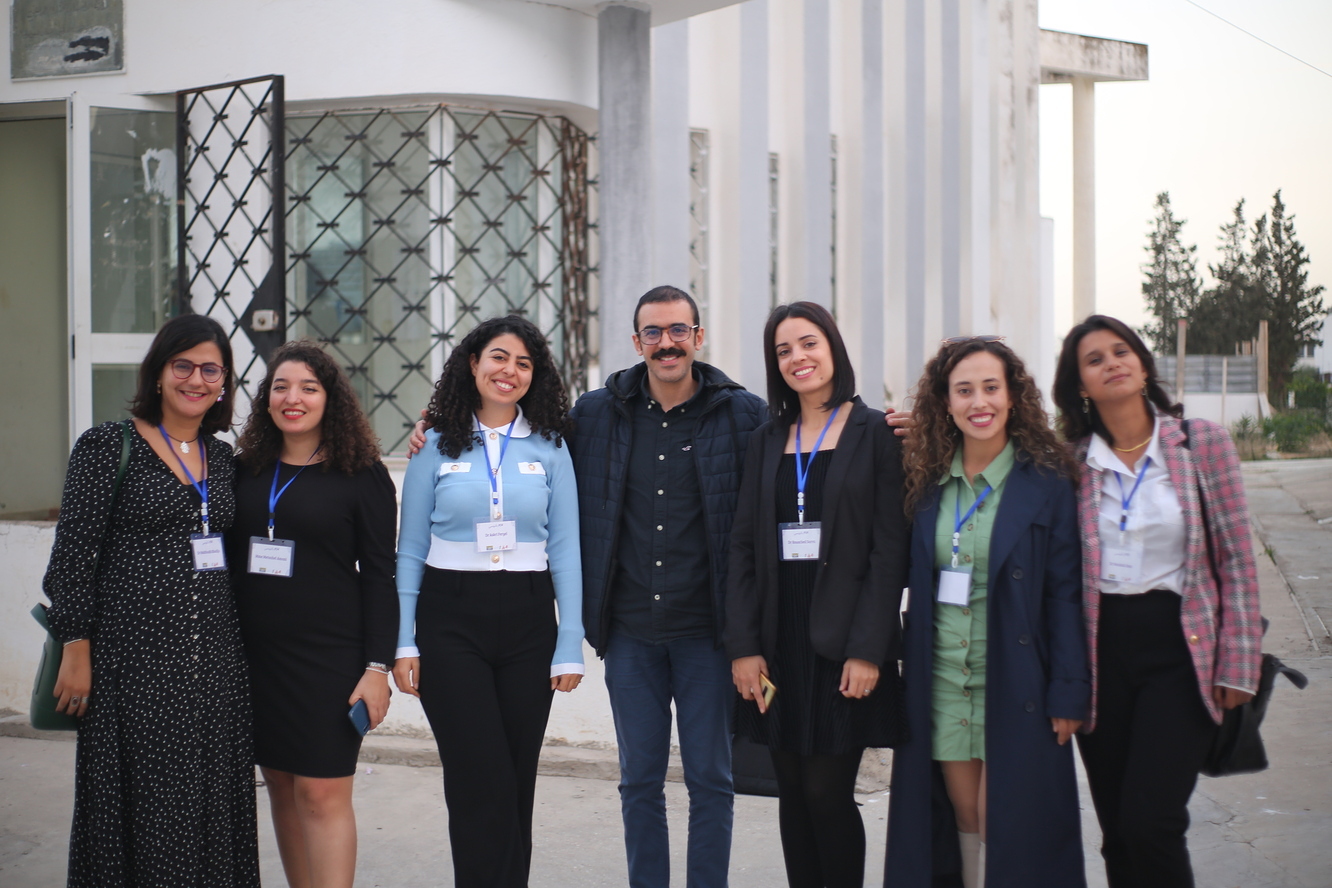
Loading...

Loading...


Stigmatization of young people with mental health issues is a global phenomenon that significantly hinders help-seeking behaviors, treatment adherence, and overall quality of life. Tunisian youth are no exception, as cultural and societal attitudes contribute to the stigma surrounding mental health. Addressing these issues requires educational initiatives that are culturally tailored to both the public and professionals within school and university settings. Therefore, stigma reduction and awareness campaigns are essential for improving access to early intervention and care.
To combat these challenges, the Clinical High-Risk Program (CHiRP) at Razi Hospital organized two Mental Health Awareness Days on November 27, 2024, at the Faculty of Sciences, University of Tunis and on February 19, 2025, at the Tunisian Business School The events aimed to:
A media campaign, “Psybettounsi,” was launched on Instagram and Facebook prior to the events, engaging the audience through posts and interactive stories.
The event concluded with information on CHiRP’s mental health services and available care pathways.
The initiative effectively addressed mental health stigma among Tunisian youth by combining cultural sensitivity, professional expertise, and innovative digital outreach strategies. The social media campaign, amplified by influencers, significantly increased engagement and broadened the event's reach.
Looking ahead, the program should expand within educational systems, including schools and universities, with the ultimate goal of reaching a national scale. This would involve training educators and primary care providers to recognize early signs of mental health issues.